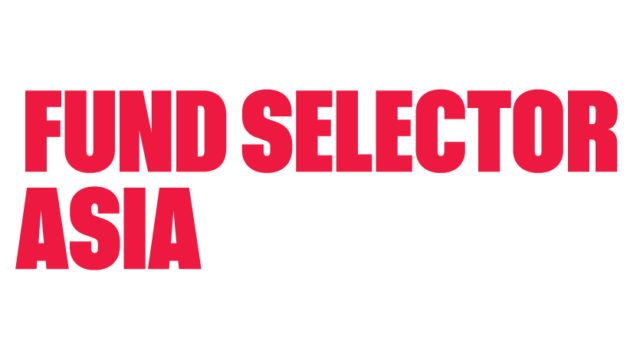Launched last month, the ASEAN fund passporting framework is designed to allow investors in Singapore, Malaysia and Thailand access to cross-border financial products.
But Asia is not a homogenous market, Yeo said. “One of the things I would highlight is that people tend to overlook the operational complexity behind fund settlements across the border.”
“There are capital controls, currency mismatches and cash settlement timing differences that need to be managed when you need to move money across different countries to meet redemptions and subscriptions for your funds. “
This needs to be harmonised seamlessly between the fund manager in the home country and the fund distributors in the host country.
Tax treatment is another issued that needs to be resolved in the framework, particularly in Thailand, said Yeo.
“Fortunately, Singapore-Malaysia tax systems are somewhat similar given our British Commonwealth heritage. There is no withholding tax either way between Singapore and Malaysia for ACMF funds cross-border.”
But Thailand is different.
“For Thailand, where it is the host jurisdiction for an ACMF fund, the ACMF fund is regarded as a foreign juristic ‘person’.“
“So, in the case of a Singapore-domiciled ACMF fund sold into Thailand, while there is no withholding tax from Singapore, the individual Thai investor is still subject to local Thai tax laws.”
In Thailand, dividend and capital gains are considered taxable income unless an individual chooses to carry them forward to the next year.
Product Trends
With the ASEAN framework, a Singaporean investor can now have an access to Malaysia’s wide range of Shariah funds with longer track records than either in Singapore or Thailand.
“Singapore, on the other hand, is positioned well as an RMB centre in Southeast Asia. It is strong in China-linked investment products with a rich level of activity and participation in Chinese QFII and RQFII programmes.”
Yeo said he expects further deepening and strengthening of Shariah products as fund managers in Malaysia gains access to a wider reach of Muslim investors in the region.
“In Thailand, there is a unique opportunity due to its proximity and leadership in the Indo-China region. There is a lot of interest for investors into Indo-China, but Myanmar, Laos, Vietnam, Cambodia lack a strong financial capital market.“
ASEAN Vs ARFP
Yeo believes the ASEAN fund passport and Asian Region Funds Passport, which has yet to be launched, will converge in the long run.
Singapore, Australia, Korea, New Zealand, the Philippines and Thailand are the initial signatories to the ARFP scheme, which is expected to be operational by 2016.
“All these different passporting schemes are confusing if you try too hard to get to the bottom of the details of every single one, trying to figure out which one is superior or more robust.”
“But if one takes a step back and look at the big picture, it not difficult to draw one conclusion: the reason for so many different localised initiatives is a genuine need for a pan-Asia CIS standard for mutual funds.”
Yeo highlighted different countries having different treatment and reporting requirements regarding the use of instruments ranging from derivatives, to alternative asset classes, to hybrid instruments.
“In order to create a cross-border funds passporting standard across the region from New Zealand all the way to Korea, it is necessary to find a middle-ground which does not conflict with local fund regulations.”
“At some point, everyone will come to the table and ‘horse-trade’ an amalgamated standard in order to access each others’ markets. If the need is real, everybody will come together to work out a win-win solution.”
Threat to UCITS
Yeo does not believe there will be a threat to the current dominance of UCITS in Asia.
“Even today, without funds passporting, locally-domiciled funds compete with UCITS funds. But it’s unlikely that Asia passport initiatives will completely replace UCITS funds in Asia.”
“For fund managers based in Europe, UCITS remains a very viable option for them to grow assets in Europe. And, if the investment strategy and the product business case work there, they will ‘import’ these into Asia for additional distribution.”
However, Craig Plane, senior associate at Mercer in Singapore has a different viewpoint. According to Plane, Asia’s various fund passport schemes present a long-term challenge to the dominance of UCITS funds, which make up the bulk of products for sale in Asia.

















